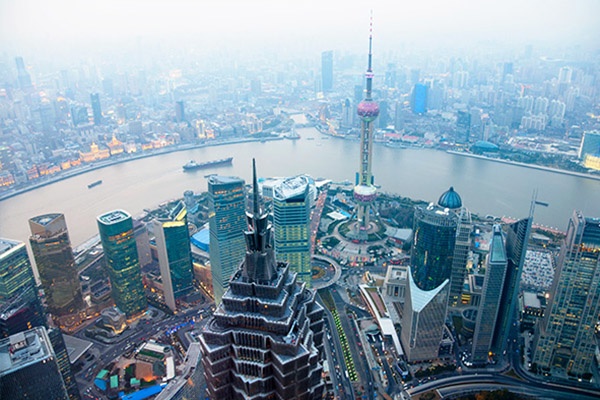By Swissquote Analysts
RCEP covers 28% of global trade

President Trump's early action of Trade Policy unilateralism in 2017 was rejecting the TPP. On Sunday, Asia announced its growing independence from the west, with an impressive regional trade deal.
China and more than a dozen Asian pacific regions countries formed the world's largest trading bloc. The Chinese premier, Li Keqiang, described the deal as “a victory of multilateralism and free trade”, according to the state-run Xinhua news agency. The agreement was viewed as an extension of China's influence in the region.
In what took more than eight years, but jumped into hyper-speed as the U.S withdrew from the traditional role in the region under the Trump administration.
The Regional Comprehensive Economic Partnership (RCEP) is a trade deal that spans 15 counties and 2.2 billion people approximately 30% of the world’s population and 28% of global trade. While difficult to quantify the economic value of the deal, the agreement is expected to eliminate tariffs and quotas on 65% of goods traded in the region, encourage cross-border investment, and set new rules for electronic commerce and intellectual property.
It also sidelines the historical regional powerbrokers, America. The partner countries highlighted the significance of the agreement as the world attempts to recuperate from the coronavirus pandemic, stating in a joint statement that the deal "will play an important role in building the region's resilience through the inclusive and sustainable post-pandemic economic recovery process."
It’s not clear how the agreement will impact the trading relationship and other strategic issues between the US and China. However, the deeper regional economic integration will provide an advantage to China. China continues to progress with its strategic decoupling from reliance on the west. We anticipate that the region will further migrate to regional trade, depending less on national like the US and Europe. This will provide local companies with fertile business opportunities while calculatingly pushing foreign companies out.
